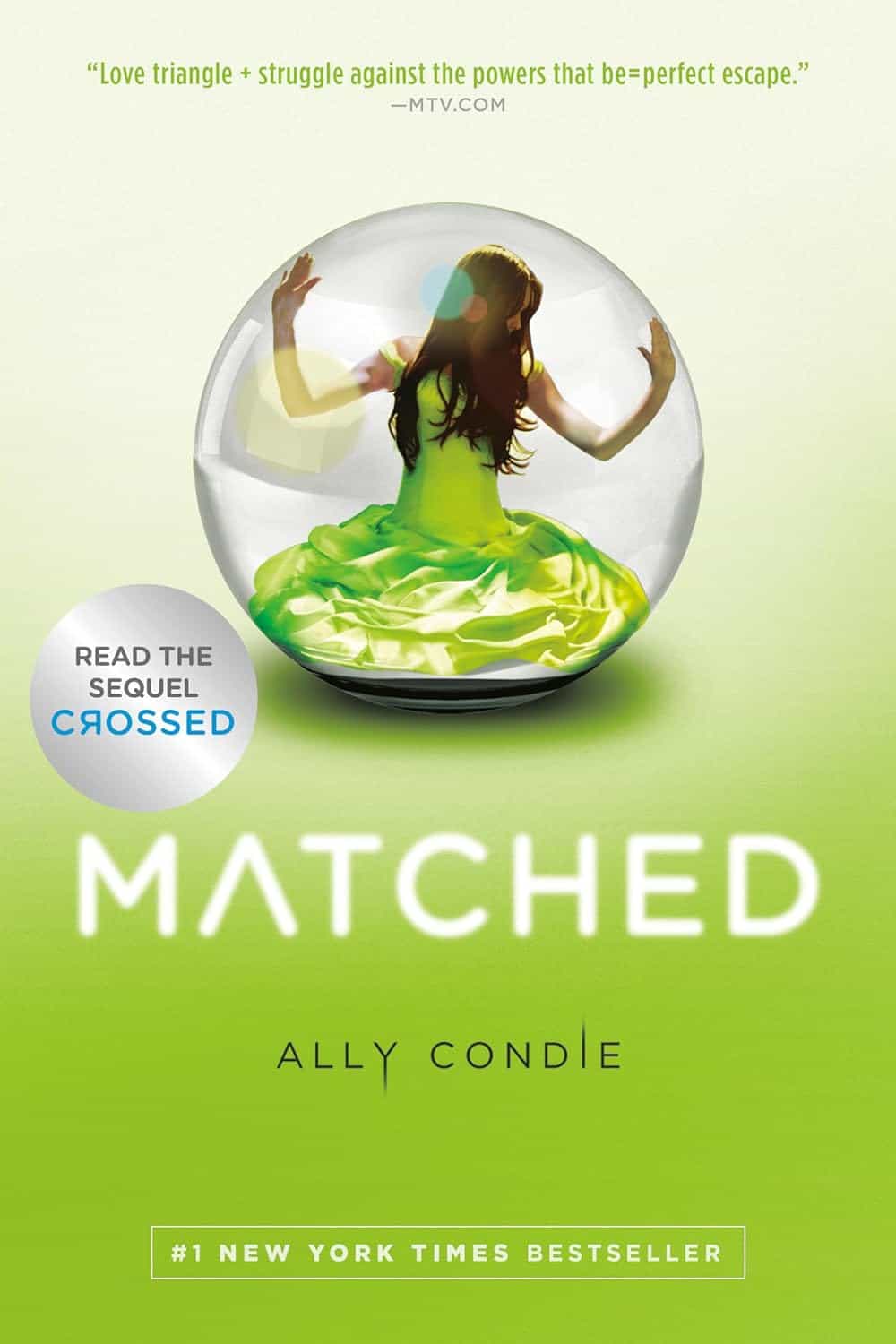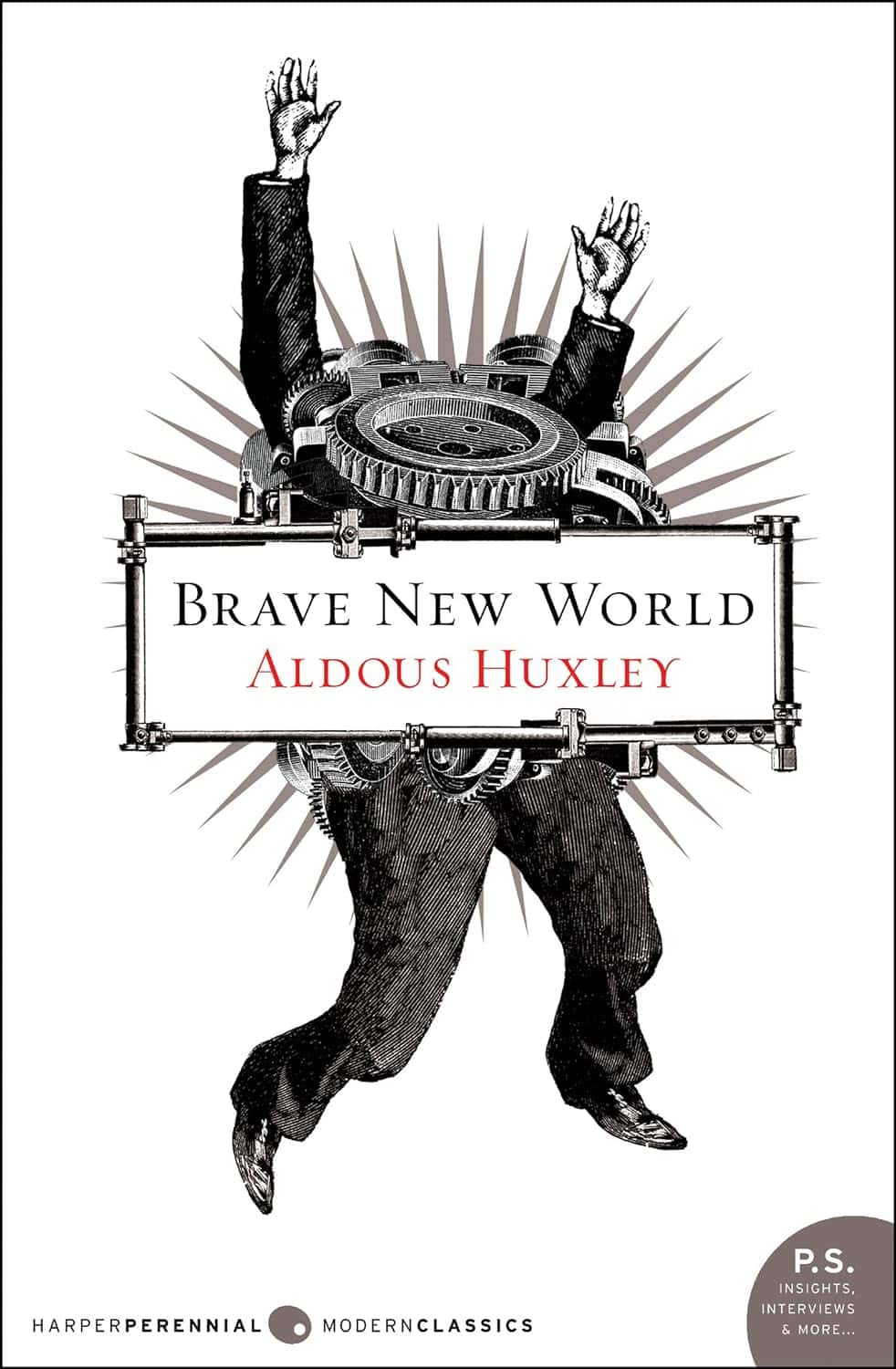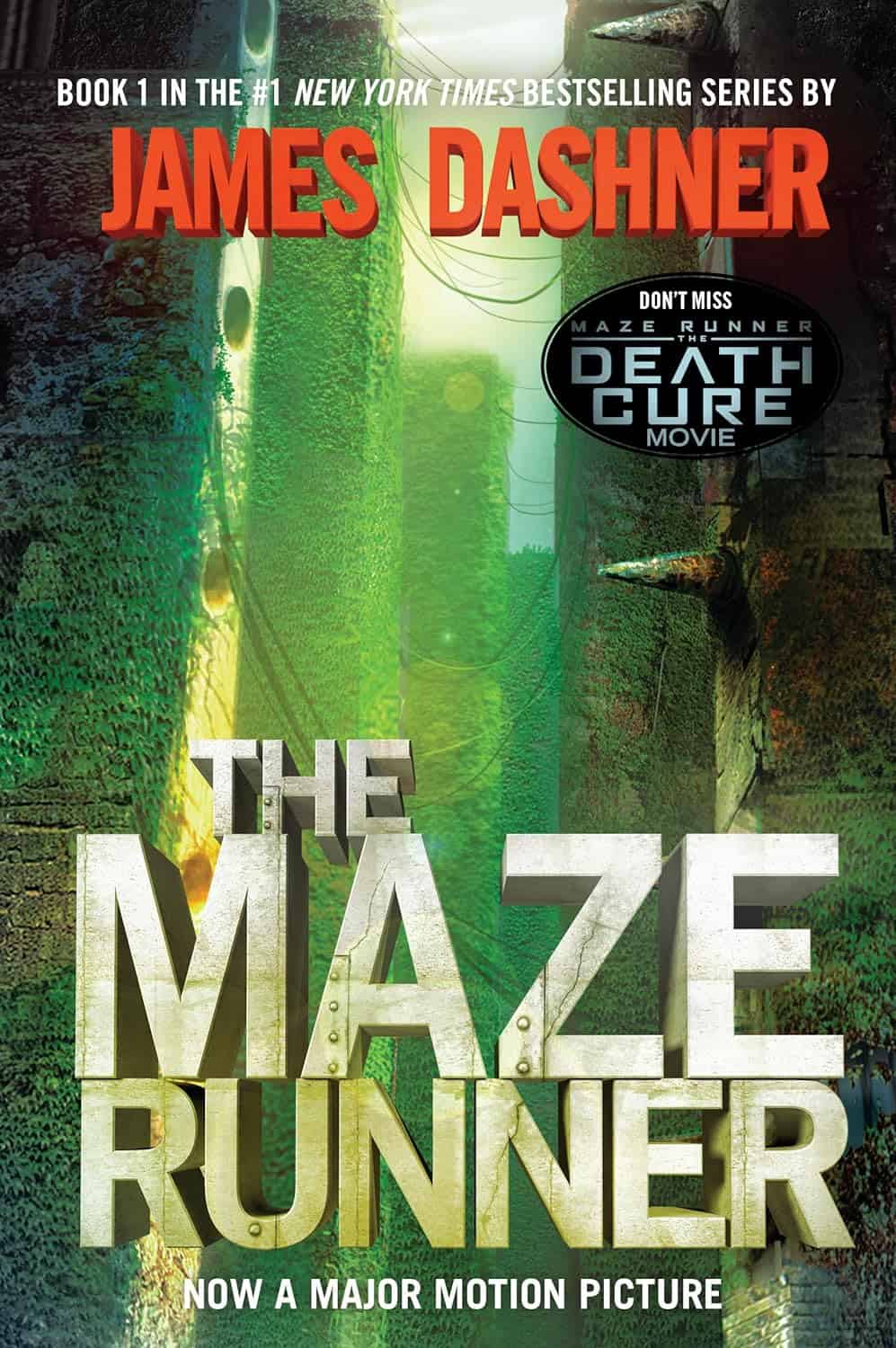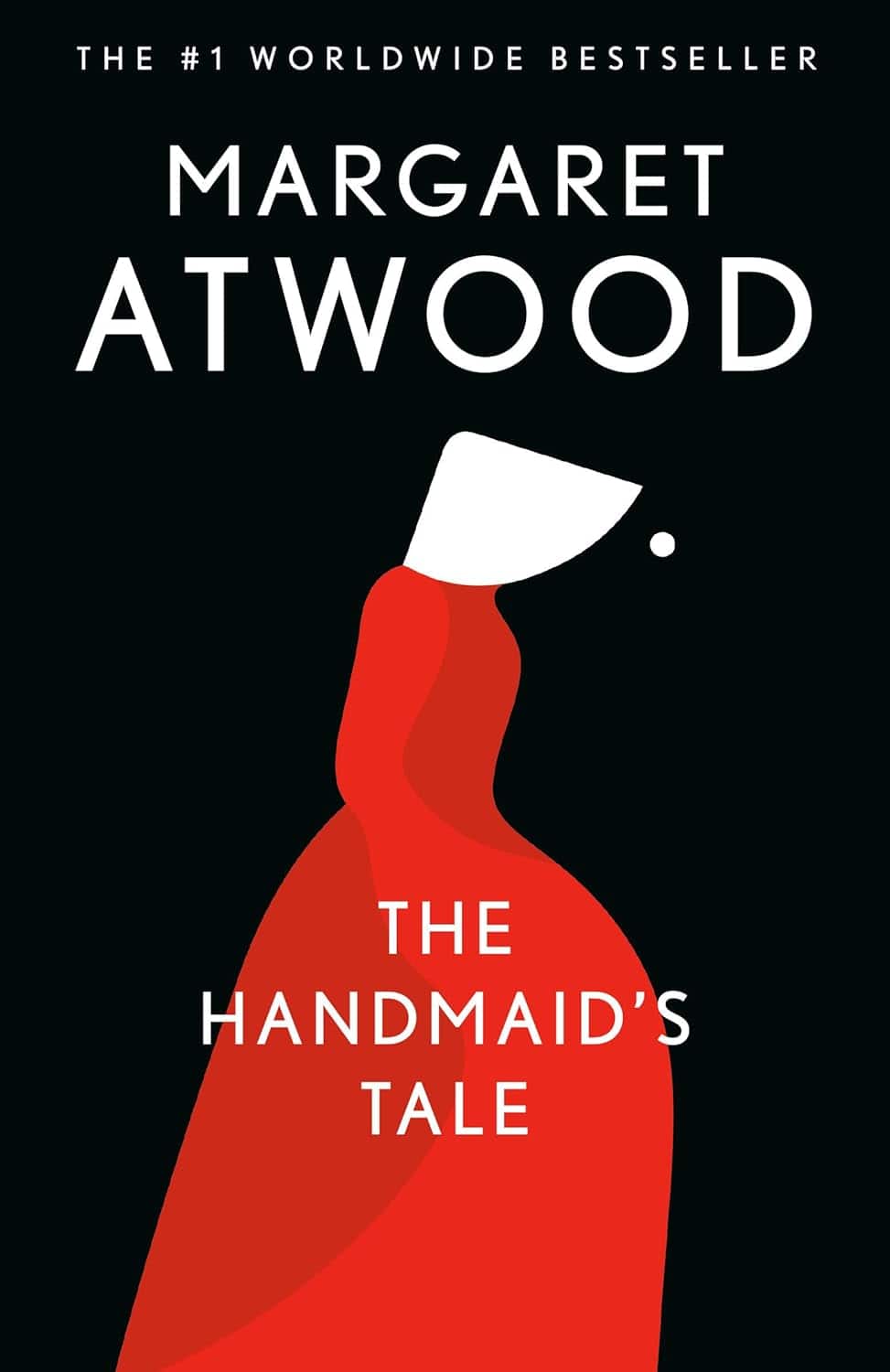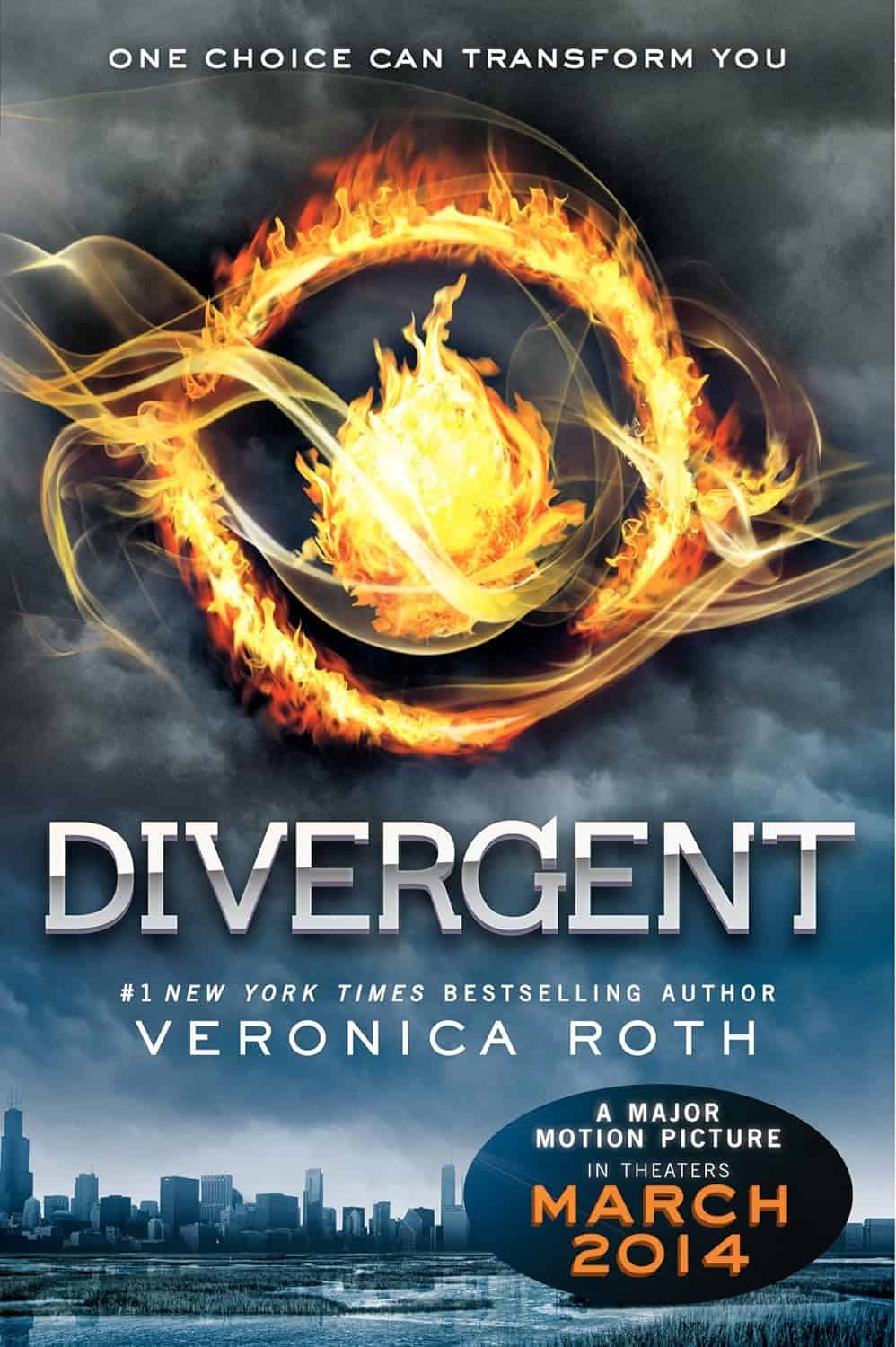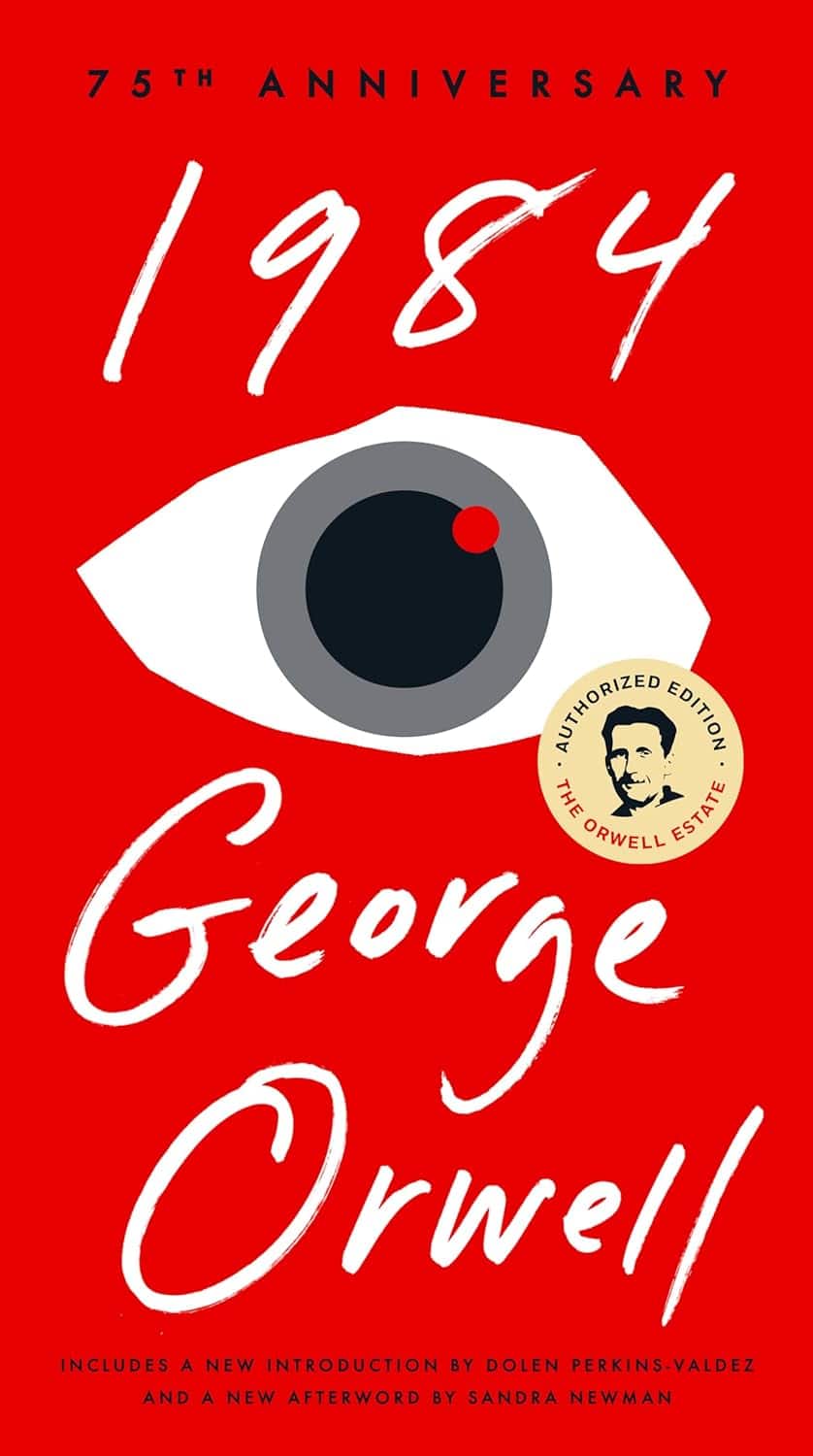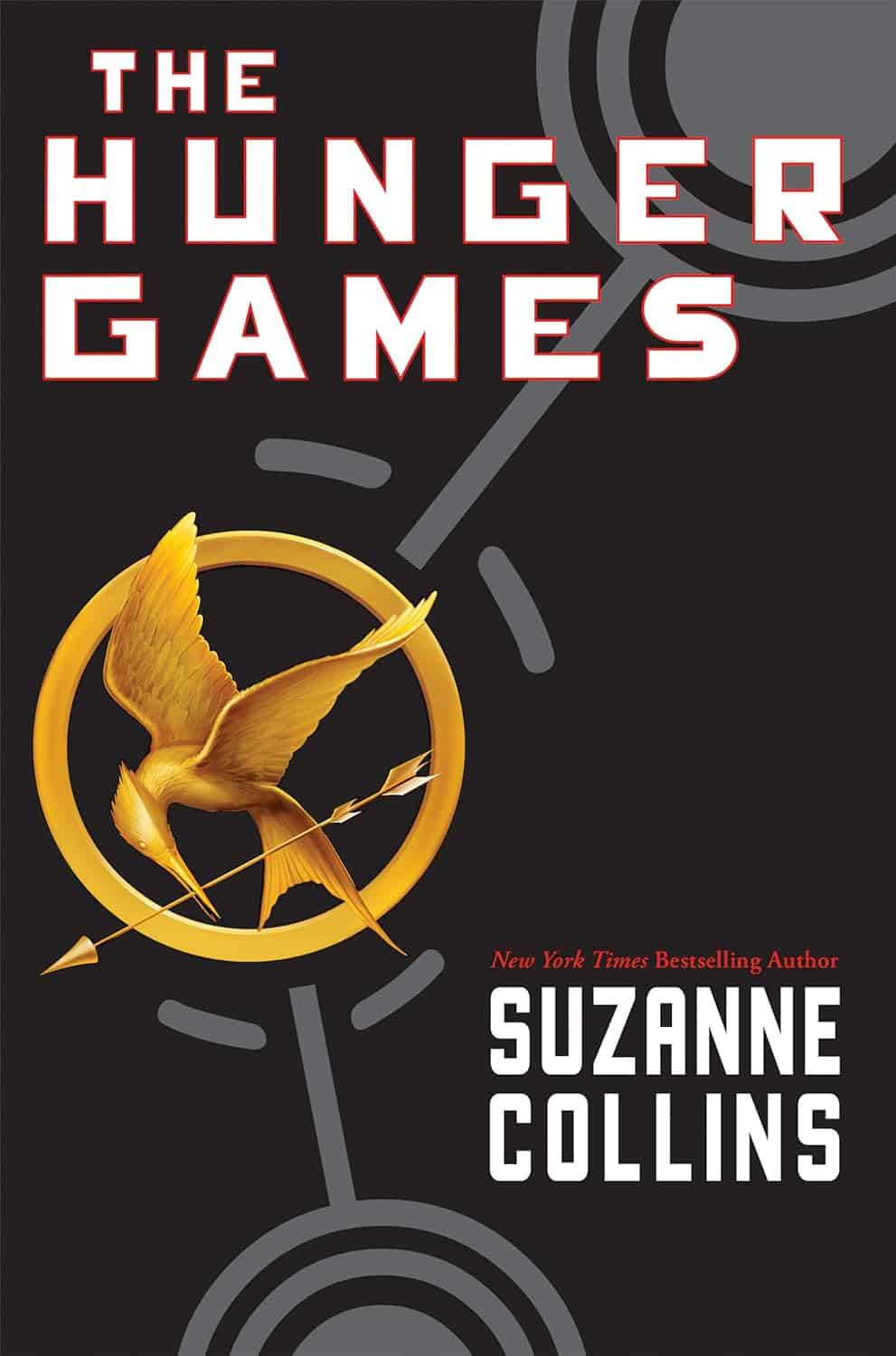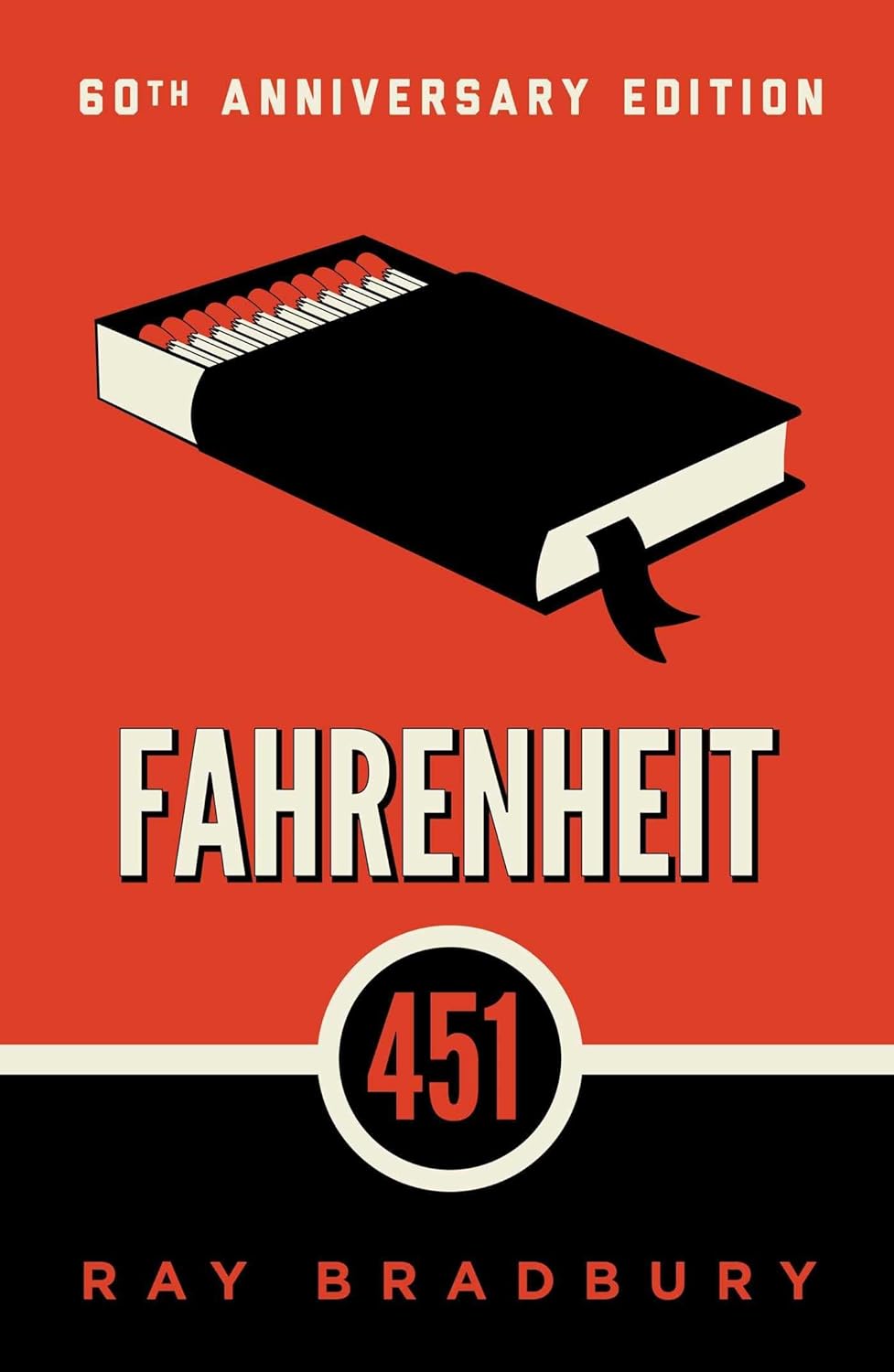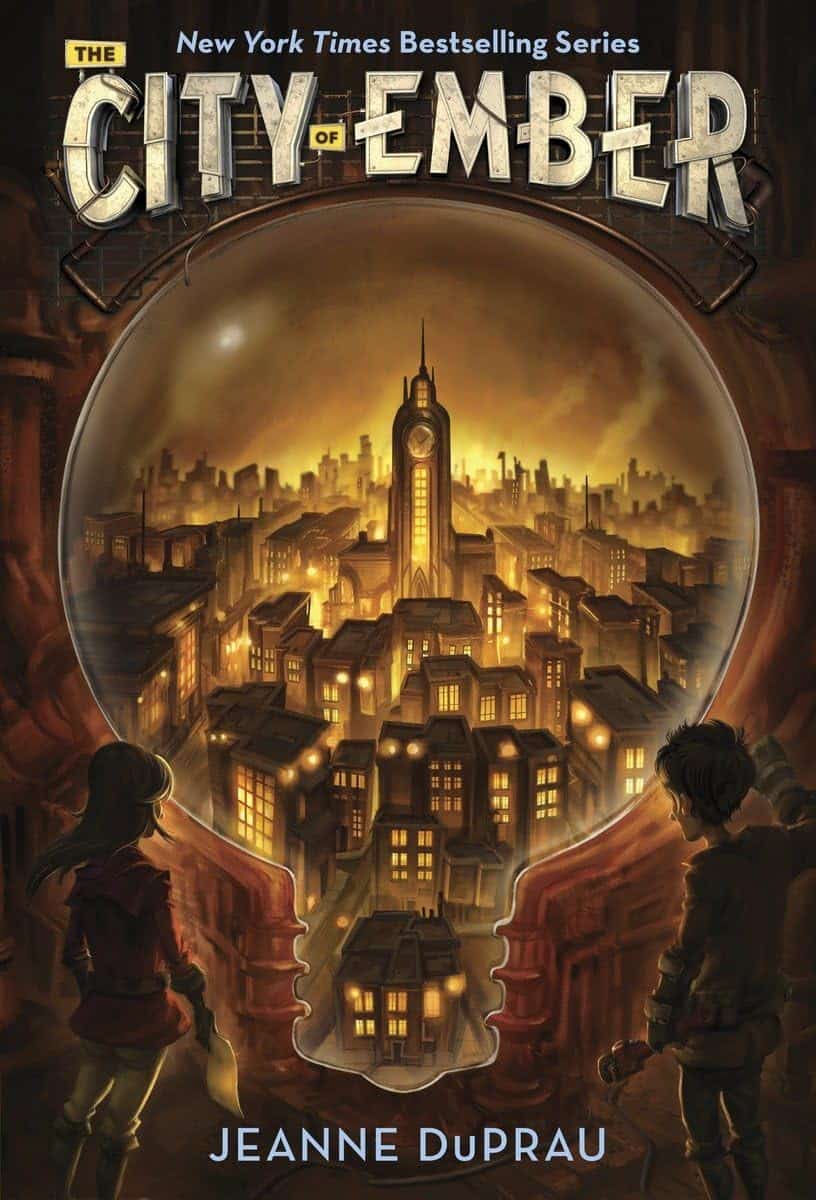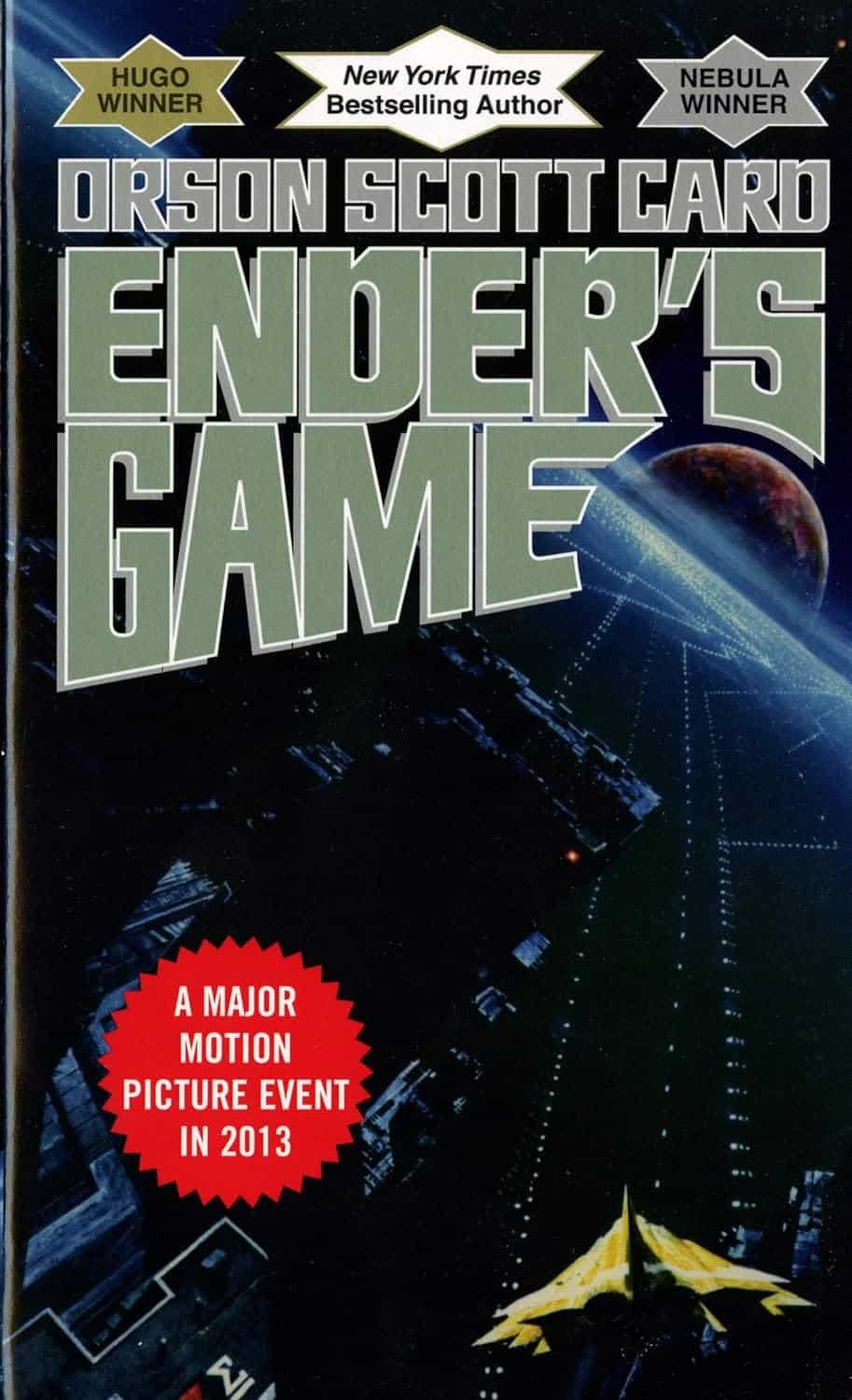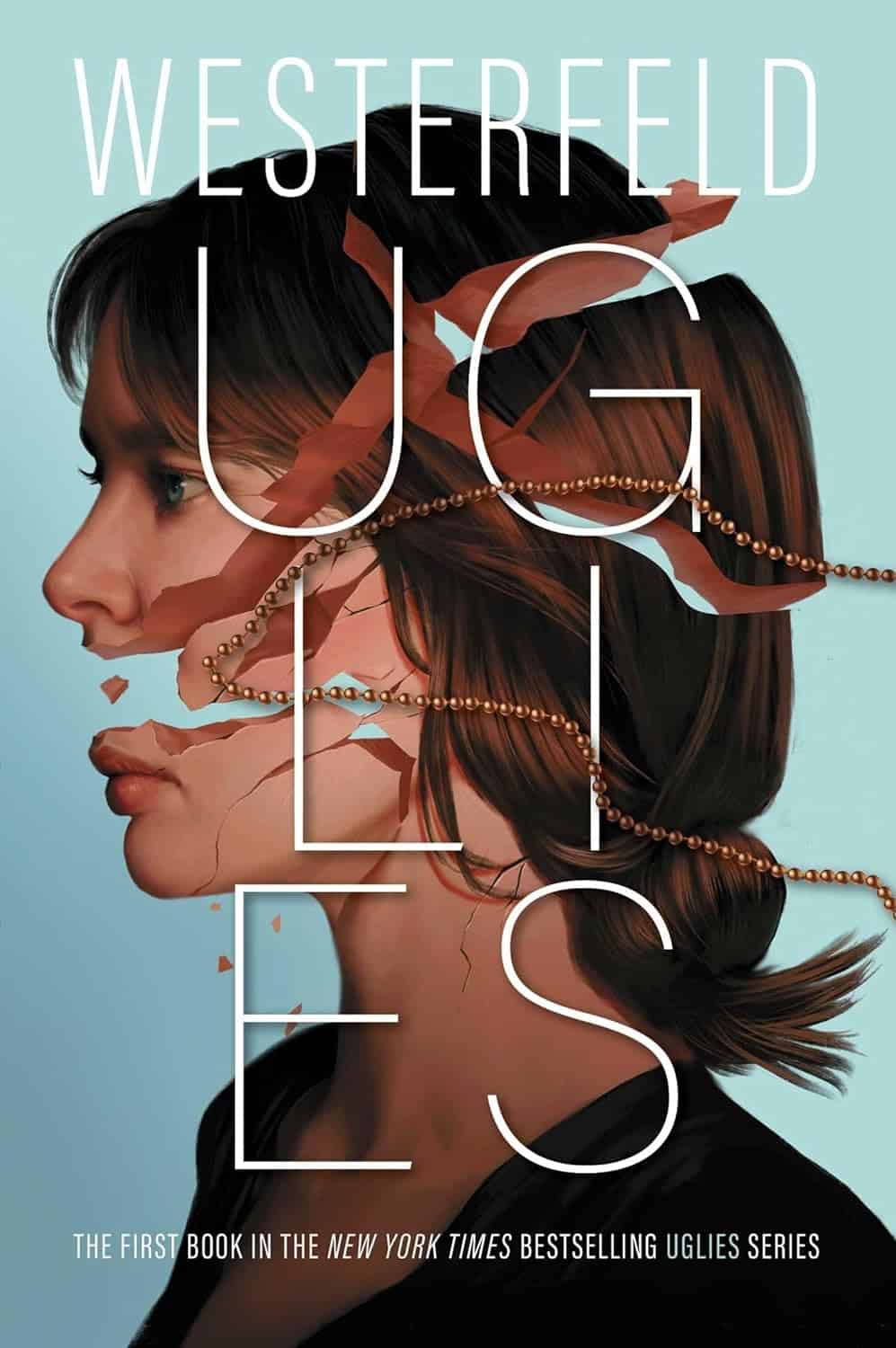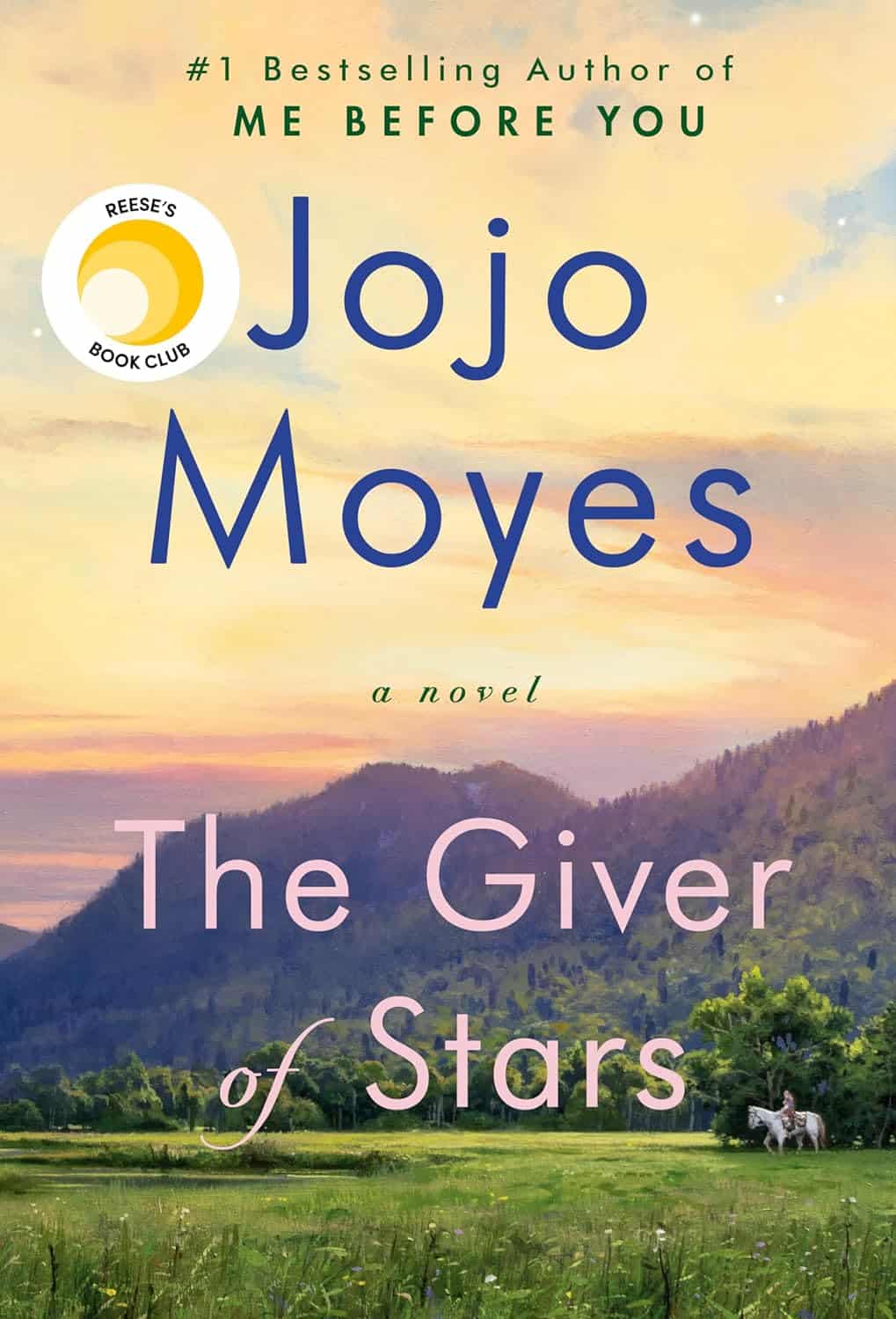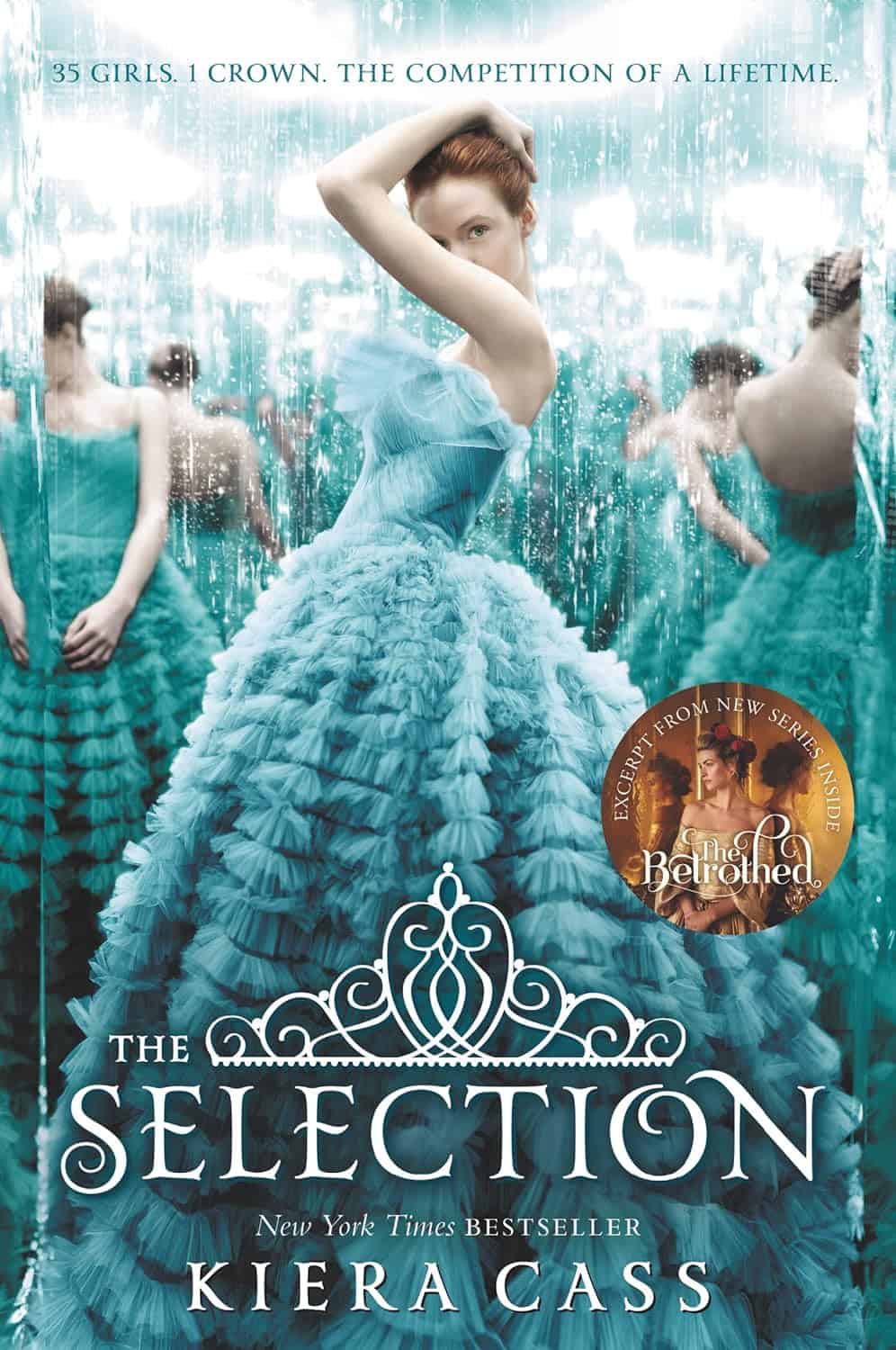Fans of The Giver by Lois Lowry who are seeking more dystopian novels with thought-provoking themes of societal control, individuality, and the pursuit of truth will find this article useful. The Giver has been adapted into a movie and this article will provide 13 book recommendations that offer similar themes.
1. Matched by Ally Condie
Matched, a young adult dystopian novel by Ally Condie, tells the story of Cassia Reyes, a young woman living in a society where the government controls every aspect of life. The government’s algorithms match Cassia with her ideal partner, but when a glitch reveals the possibility of a different life, Cassia begins to question the strict rules and limitations set by society.
The novel explores themes of conformity, individuality, and the importance of making choices, similar to The Giver. Both books present dystopian societies that initially seem perfect and structured for the greater good, but ultimately reveal dark secrets and hidden agendas. Cassia struggles with her desire for freedom and autonomy, leading her to challenge the oppressive system and fight for a better future.
Matched is a captivating and thought-provoking read that delves into the complexities of love, identity, and personal freedom. The gripping narrative and well-developed characters make it a compelling choice for fans of The Giver and readers interested in dystopian fiction.
2. Brave New World by Aldous Huxley
Brave New World is a classic dystopian novel written by Aldous Huxley and published in 1932. The story takes place in a future society that is controlled by technology, where individuals are genetically engineered and conditioned to serve specific roles in the social hierarchy. Huxley explores themes of individuality, freedom, and the dangers of a society that prioritizes stability and conformity over personal autonomy.
The novel raises important questions about the nature of happiness, the use of technology to control and manipulate individuals, and the ethical implications of a society that values efficiency and pleasure above all else. Huxley challenges readers to question the trade-offs between personal freedom and social stability, and the importance of individuality and emotional depth in a world that prioritizes efficiency and uniformity.
Similar to The Giver, Brave New World offers a thought-provoking examination of a seemingly utopian society that is not as idyllic as it initially appears. It is a must-read for anyone interested in exploring themes of dystopia and societal control.
For more dystopian book recommendations, check out the related posts section below.
3. The Maze Runner by James Dashner
The Maze Runner is a captivating dystopian novel that centers around the story of Thomas, a teenage boy who awakens in a mysterious maze with no recollection of his past. As he and his fellow Gladers try to navigate the perilous maze and unravel the secrets of their existence, they confront dangerous creatures and discover shocking truths about their world.
The book shares similarities with The Giver as it explores themes of control, sacrifice, and the pursuit of truth in a dystopian society. Both books feature protagonists who question the rules and boundaries imposed upon them and strive to uncover the hidden truths behind their seemingly perfect worlds.
Despite The Maze Runner being more action-packed and suspenseful than The Giver, both books ultimately pose significant questions about society, humanity, and the power of individual choice. Fans of The Giver will appreciate the fast-paced plot and intense world-building in The Maze Runner, making it an excellent recommendation for readers who enjoyed the thought-provoking nature of Lois Lowry’s classic novel.
4. The Handmaid’s Tale by Margaret Atwood
The Handmaid’s Tale is a popular dystopian novel by Margaret Atwood that is set in a future society called Gilead, where women are oppressed and stripped of their rights. The story follows Offred, a handmaid assigned to bear children for high-ranking officials, as she navigates the strict rules and dangers of this totalitarian regime.
Atwood’s writing style is captivating and thought-provoking, making The Handmaid’s Tale a must-read for fans of dystopian literature. The novel’s exploration of gender roles, reproductive rights, and the consequences of silence resonates with readers and continues to be relevant in today’s society.
The Handmaid’s Tale delves into themes of oppression, control, and the fight for freedom. It raises questions about societal norms, individuality, and the power of memory and knowledge. The novel provides a unique perspective on dystopian societies and the struggles faced by individuals within them.
For those who enjoyed The Handmaid’s Tale and are looking for similar reads, other dystopian novels like 1984 by George Orwell and Brave New World by Aldous Huxley also tackle themes of control and conformity. These books provide another perspective on dystopian societies and the struggles faced by individuals within them.
Readers who enjoyed the exploration of societal norms and the struggle against authority in The Handmaid’s Tale may also enjoy The Hunger Games trilogy by Suzanne Collins and Ender’s Game by Orson Scott Card. These books provide action-packed stories that challenge the status quo and highlight the power of individual courage.
Other books like The Handmaid’s Tale that focus on themes of identity and challenging societal expectations include Uglies by Scott Westerfeld, Matched by Ally Condie, and The Selection by Kiera Cass. These novels delve into the consequences of conformity and the importance of personal choice.
The City of Ember by Jeanne DuPrau offers a unique dystopian setting where the residents live underground and must navigate a dark and decaying society. This book, like The Handmaid’s Tale, explores themes of discovery, resilience, and the power of knowledge.
For readers who are looking for a different genre but still appreciate a captivating story, The Giver of Stars by Jojo Moyes is a historical fiction novel that explores the power of books and the importance of literacy. Although it is set in a different time period, this book speaks to the transformative nature of literature and its impact on individuals and communities.
5. Divergent by Veronica Roth
Divergent is a popular dystopian novel written by Veronica Roth. The book is set in a future society where people are divided into factions based on their personalities. The protagonist, Tris, discovers that she is “Divergent,” which means that she does not fit neatly into any one faction. As Tris navigates the dangerous world of her society, she must uncover the truth about her identity and fight against the oppressive regime.
The book shares many thematic elements with The Giver, such as a dystopian setting, a protagonist questioning the strict rules of their society, and a focus on individuality and personal freedom. However, Divergent delves into action-packed adventures and explores themes of identity, loyalty, and the power of choice.
The novel highlights the dangers of conformity and the importance of challenging oppressive systems. It offers a thought-provoking read for those who enjoyed The Giver and are looking for a fast-paced dystopian adventure.
6. 1984 by George Orwell
1984 is a novel that was published in 1949 by George Orwell. The book explores themes of government control, surveillance, and the loss of individual freedom. The story is set in a totalitarian society that is ruled by the Party, which is led by Big Brother. The protagonist, Winston Smith, works for the Ministry of Truth and becomes disillusioned with the oppressive regime.
The novel delves into the dangers of totalitarianism and the manipulation of truth. It depicts a society where every action and thought is monitored by the government, and even private relationships are controlled. The book serves as a warning about the dangers of authoritarianism and the importance of preserving individual rights and freedoms.
1984 is a compelling read for fans of The Giver. Both books examine oppressive societies and the consequences of conformity. They raise questions about the value of individuality and the importance of challenging authority. If you enjoyed the thought-provoking and dystopian elements of The Giver, 1984 is a must-read.
7. The Hunger Games by Suzanne Collins
The Hunger Games is a dystopian novel written by Suzanne Collins. It is set in a post-apocalyptic society where the government controls its citizens and young people are forced to participate in a deadly televised competition. The novel explores themes of rebellion, government control, and individual agency.
Similar to The Giver, The Hunger Games features young protagonists who challenge the oppressive systems they live in. The book is known for its fast-paced action and thrilling plot twists, as well as its strong female lead. It delves into the themes of survival, sacrifice, and the consequences of power.
The Hunger Games has been adapted into a successful film franchise, which immerses viewers in the dystopian world created by Collins. The movies capture the intensity and emotional impact of the story, making it a great choice for fans of The Giver who enjoy visual adaptations.
8. Fahrenheit 451 by Ray Bradbury
Fahrenheit 451 is a dystopian novel by Ray Bradbury that explores the dangers of censorship and the importance of preserving knowledge and individuality. The novel is set in a future society where books are banned and burned, and conformity is enforced.
The story follows the protagonist, Guy Montag, a fireman who is tasked with burning books. However, as he begins to question his role in society, he rebels against the government and becomes determined to preserve literature and free thought.
Bradbury’s vivid imagery and intricate storytelling paint a stark and unsettling picture of a world where intellectualism is suppressed. The novel raises important questions about the power of ideas, the dangers of mass media, and the value of critical thinking.
Readers who enjoyed The Giver and its exploration of a controlled and restricted society will appreciate Fahrenheit 451’s thought-provoking and cautionary tale. Bradbury’s masterful storytelling and compelling themes make this novel a must-read for fans of dystopian fiction.
9. The City of Ember by Jeanne DuPrau
The City of Ember is a dystopian novel that tells the story of two twelve-year-olds, Lina and Doon, who live in an underground city. The book, written by Jeanne DuPrau, follows the journey of Lina and Doon as they embark on a mission to escape their decaying city and bring hope to their community.
In the book, Lina and Doon stumble upon a hidden message that reveals the truth about their city. As they try to find a way out, they face challenges and uncover secrets that test their courage and determination. The story raises thought-provoking questions about authority, conformity, and the importance of knowledge and individuality.
The City of Ember is the first book in a series that includes The People of Sparks, The Prophet of Yonwood, and The Diamond of Darkhold. The immersive world-building and suspenseful storytelling found in The City of Ember are similar to those in The Giver, making it a captivating read for fans of the latter.
The book explores themes of oppression and the power of young people to challenge and change their society for the better. With its thrilling adventure and thought-provoking themes, The City of Ember is a must-read for fans of dystopian fiction.
10. Ender’s Game by Orson Scott Card
Ender’s Game is a science fiction novel written by Orson Scott Card that explores moral and ethical themes within a dystopian setting. The story follows Ender Wiggin, a gifted child who is selected to train at a military academy to prepare for an alien invasion. The novel shares similarities with The Giver in terms of its examination of complex ethical dilemmas and the burden of responsibility placed on young individuals.
The themes of individuality, conformity, and the consequences of a society that values order and control are also explored in Ender’s Game. The novel delves into the psychological effects of war and raises questions about the nature of authority and power. It also explores the sacrifices individuals are willing to make for the greater good and the blurred lines between heroism and manipulation.
11. Uglies by Scott Westerfeld
Uglies by Scott Westerfeld is a dystopian young adult novel that explores the consequences of a society that values physical appearance above all else. In this future world, everyone undergoes a mandatory cosmetic surgery at the age of 16 to become “Pretty.” The story follows the protagonist, Tally Youngblood, as she discovers the dark side of this transformation and fights against the oppressive regime.
The novel raises important questions about conformity, individuality, and the cost of perfection. It challenges the importance of personal choices and the role of government in controlling its citizens. Like The Giver, Uglies explores the price of sameness and the value of diversity.
Uglies is the first book in a series that further delves into the dystopian world and Tally’s fight for freedom. The subsequent books, Pretties, Specials, and Extras, continue to explore themes of identity, freedom, and government control.
12. The Giver of Stars by Jojo Moyes
The Giver of Stars by Jojo Moyes is an enthralling historical fiction novel that portrays the lives of a group of women who join the Pack Horse Library Project during the Great Depression in America. The story revolves around the delivery of books to remote areas of Kentucky, where women encounter various challenges, including prejudice and societal constraints. Moyes’ writing style is immersive and skillfully weaves together the personal stories of the characters.
The novel emphasizes the power of literature to bring people together and spark change. It highlights the bravery and resilience of the women who participate in the project, making it an inspiring tale of female empowerment. The Giver of Stars is a heartwarming story that captures the essence of community, the importance of literacy, and the impact that books can have on individuals and their communities.
Overall, The Giver of Stars is a must-read for those who enjoy historical fiction and books that explore societal issues. It is a touching and inspiring novel that will leave readers feeling moved and enlightened.
13. The Selection by Kiera Cass
The Selection is a young adult dystopian novel written by Kiera Cass. The story takes place in a future society where people’s place in society is determined by a caste system. The protagonist, America Singer, is selected to participate in a competition to win the heart of Prince Maxon and become the future queen. The novel explores themes of conformity, individuality, and the struggle for personal freedom, similar to The Giver. It also delves into the complexities of love and the pressures of societal expectations.
For those who enjoyed The Giver and are looking for similar books, The Selection is a great choice. The novel combines elements of romance, dystopia, and social commentary to create an engaging and thought-provoking story.
Summary
Books like The Giver are a popular genre among young adult readers. They often explore themes of dystopian societies, individuality, and the consequences of conformity. Some notable books in this genre include 1984 by George Orwell, Brave New World by Aldous Huxley, and The Maze Runner by James Dashner. These books offer thought-provoking commentary on society and the human condition, making them a valuable addition to any reader’s bookshelf.
